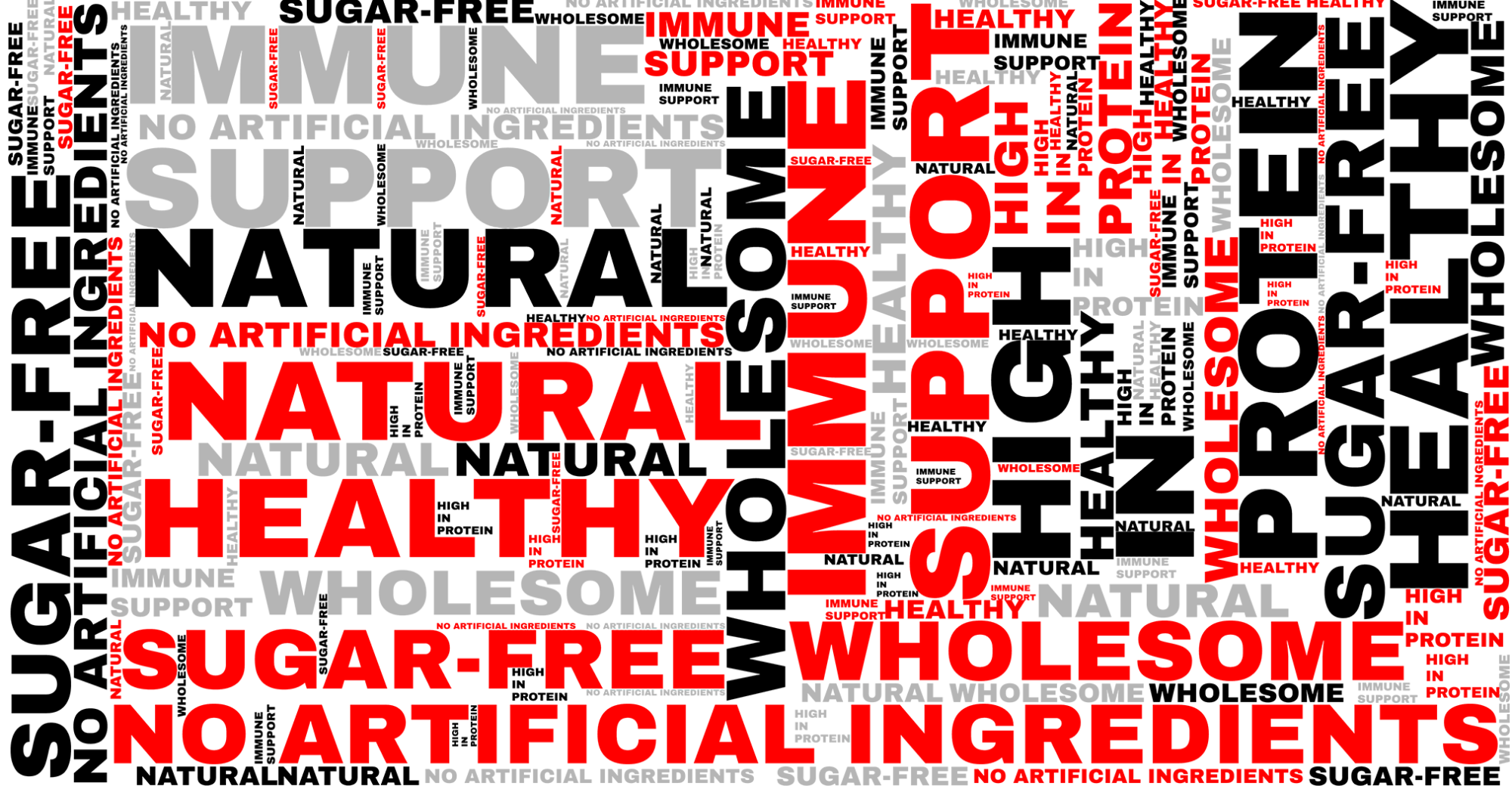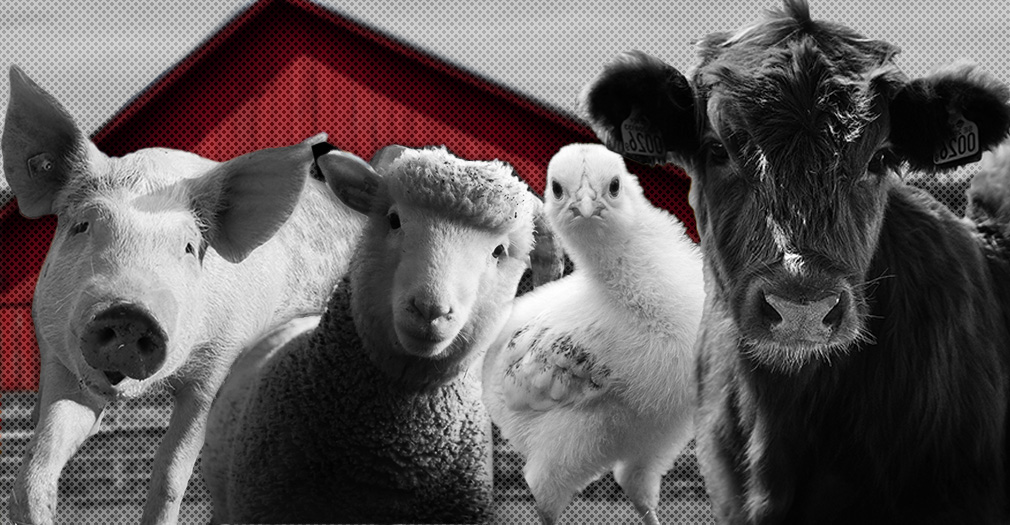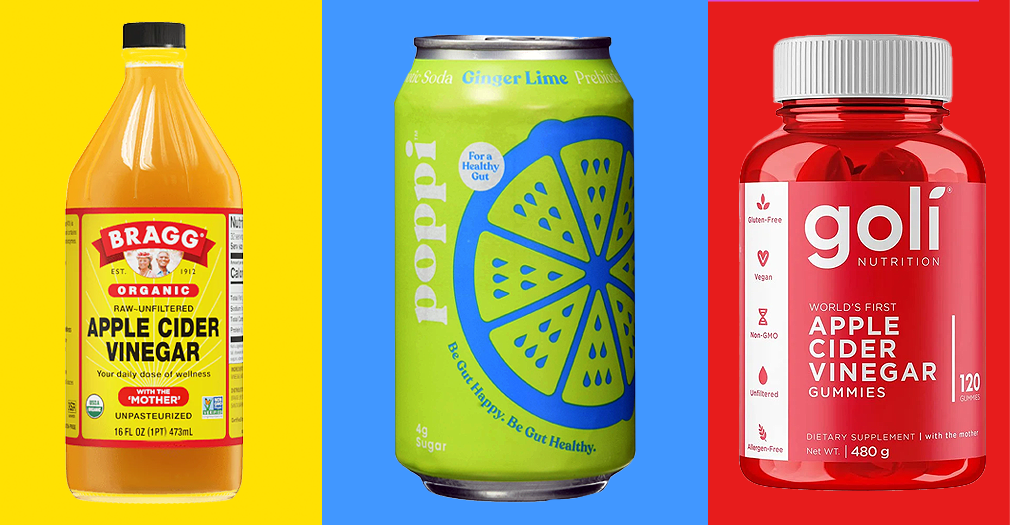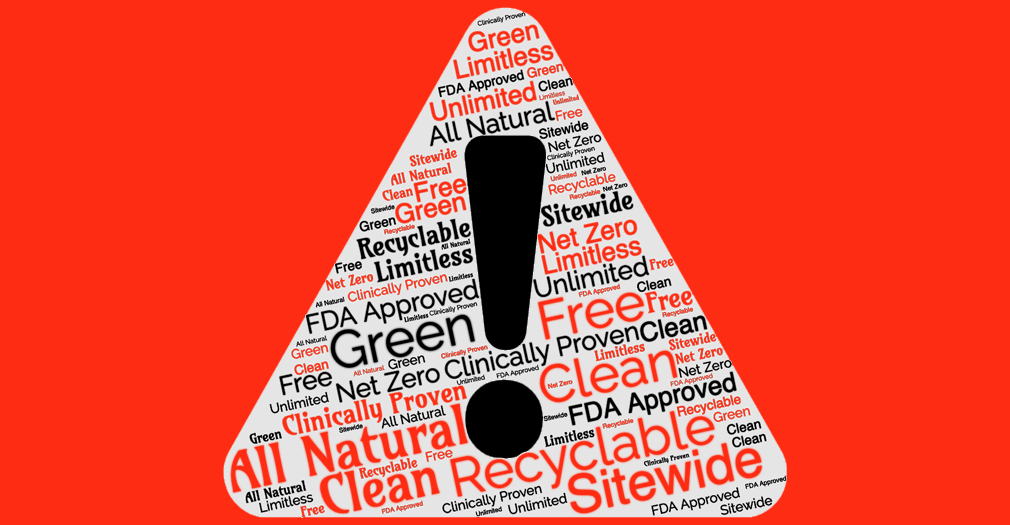
CATrends: Nutriwashing
Lawsuits allege foods and beverages aren’t as healthy as you might think.
TINA.org joins push for more transparency in food labeling.
WHAT’S UP
Last week, TINA.org joined the Animal Legal Defense Fund and several others in filing a petition to the FDA urging the agency to require food manufacturers to disclose on their packaging when their products contain animal-derived ingredients. The coalition submitting the petition for rulemaking to the FDA, which is the federal agency responsible for assuring that foods sold in the U.S. are properly labeled, includes the Center for Food Safety, Center for Jewish Food Ethics, Earthjustice, Farm Forward, Physicians Committee for Responsible Medicine, and professors at UCLA School of Law and the George Washington University Law School. In addition to these organizations and individuals, more than 7,300 consumers have signed on in support of the citizen petition.
HOW WE GOT HERE
Under the Food Allergen Labeling and Consumer Protection Act of 2004, which the FDA enforces, food labels must clearly identify the names of any ingredients that have been deemed one of the eight major food allergens, four of which are animals or animal-derived ingredients (milk, eggs, fish and shellfish), or contain protein derived from one of those major food allergens. Other animal-derived products (such as gelatin, lard or lanolin) are not subject to the same disclosure requirements, despite the fact that consumers may also have allergies to these ingredients. Not to mention millions of consumers try to avoid foods containing animal-derived ingredients for reasons other than allergies, from religious to moral reasons. In fact, more than 16 million Americans say they are vegetarian or vegan.
THE MARKETING PITCH IN QUESTION
If the FDA does not require food manufacturers and marketers to disclose the presence of all animal-derived ingredients, where might consumers find this information? Unfortunately, sometimes the answer is nowhere.
For example, animal-derived ingredients may be present in the form of an ingredient that can be sourced from either an animal or a plant (like vitamin D) yet its source is not disclosed on the packaging (like on boxes of cereal). Other ingredients that can be sourced from either animals or plants include natural vanilla flavoring, vitamin A and omega-3.
In other cases, while animal-derived ingredients may be named on the ingredients list, the food itself does not suggest that any animal-derived ingredients would exist and so consumers may not think to read through the ingredients list to verify. Here are some of the foods you may be surprised to learn contain animal-derived ingredients. (Note that the non-dry roasted version of Planters salted peanuts does not contain any animal-derived ingredients. Confused yet?)
WHAT’S NEXT
Mandatory animal-derived ingredient disclosures would help protect consumers and reduce consumer confusion. For these reasons, and others, TINA.org joined ALDF’s push for more transparency in food labeling. Now, it’s up to the FDA.
To read the full petition, click here.
Lawsuits allege foods and beverages aren’t as healthy as you might think.
TINA.org explores the divide between the marketing and the science.
These definitions are a joke.


